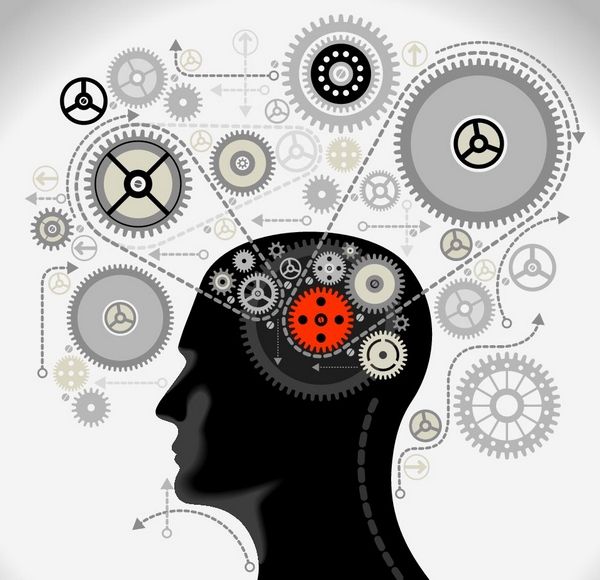Posts Tagged ‘smartwatch’
The latest on Brain Health and Resilience, plus a few fun Brain Teasers
Welcome to a new edition of SharpBrains’ e‑newsletter, featuring fascinating neuroscience findings and tips, combined with fun brain teasers. #1. To celebrate this quite-challenging Thanksgiving, here are five fun brain teasers that readers have enjoyed the most this year so far. It is always good to learn more about (and appreciate) that most precious resource…
Read More
